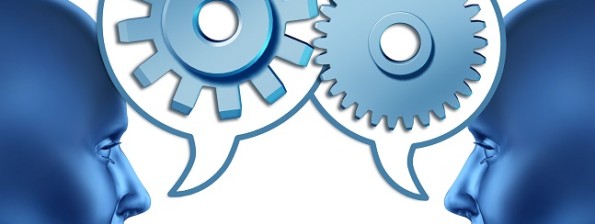Tag Archives: context
16 Jan Roots of Neural Nets
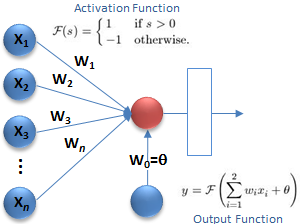
Roots of Neural Nets The concept of the modern Artificial Neural Systems (ANS) has its roots in the work of psychologists and philosophers as well as computer scientists. As mentioned in prior posts, Aristotelian theories on cognition and logic influenced the development of automata theory and associationism, spawning connectionism or parallel distributed processing (PDP) theory. Connectionism is the […]
13 Jan Harmonic Convergence of Light
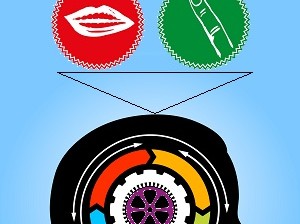
Light waves diverge and converge and bend on their journey to places where they are perceived. We choose to focus, perceived light waves enter us through the portals of our eyes, then flow through the visual cortex and resonate in the brain until they trigger recognition, often very quickly. The illustration shows a lens that […]
02 Jan Synapse Formation
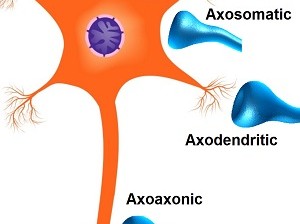
Many neurons have only a few synapses. Others, like giant pyramidal and Purkinje cells, may have tens or even hundreds of thousands of synapses. At the conclusion of the complex growth process, called synaptogenesis, in which growth cones at the tips of spines, axons, and dendrites propel or draw the fiber through the crowded gray and white matter […]
31 Dec Signal Transduction in Neurons
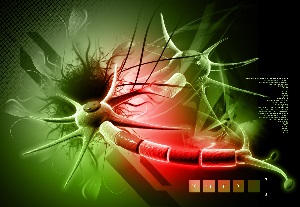
Wires in the Brain Electrical impulses jump from neuron to neuron in the brain through their branching nerve fibers. This movement of electrical potentials is called signal transduction, and significantly resembles the process of electrical flow in printed circuit boards and semiconductor chips. Nerve fibers (axons and dendrites) are filled with a fluid called axoplasm. […]
30 Dec Aristotle and von Neumann
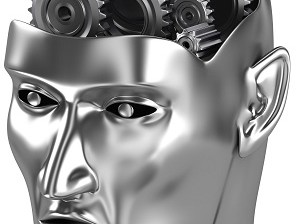
In the 1950’s, John von Neumann compared the computer to the brain. Scientific inquiry that laid the foundation for that comparison, however, had begun long before. The influence of the Greek philosopher Aristotle’s association theory (metaphysics), for example, is evident in neural net theory. In The Computer and the Brain, Dr. von Neumann describes how […]
30 Dec Context Models
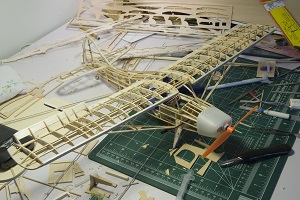
Building a Model The goals of the research that evolved into Understanding Context were twofold: to investigate human physiology/psychology for clues that would let us evaluate neuromorphic computational paradigms; and to explore the possibility of new computational models using context to correlate and associate concepts. Birds fly and they are lightweight. Building models of flight with lightweight materials works […]
31 Oct Modeling Biological Systems

Possible Mechanisms of Learning, Memory and Cognition In the first section of this blog, I talked about the brain, as a whole, to establish a framework for the discussion of natural intelligence. In this section, I have delved into the inner workings of neurons, themselves to ensure we understand how complex they are, and where we […]
22 Aug Unlocking the Power of Unruly Systems

Rules are the basis of all good decisions. Humans learn learn them through observation and nurture. Can systems do the same thing – can they learn through observation and nurture? I propose that they can. At it’s simplest, a rule takes the form of a premise (“IF clause”) and conclusion (“THEN clause”) and can be stated in natural […]






